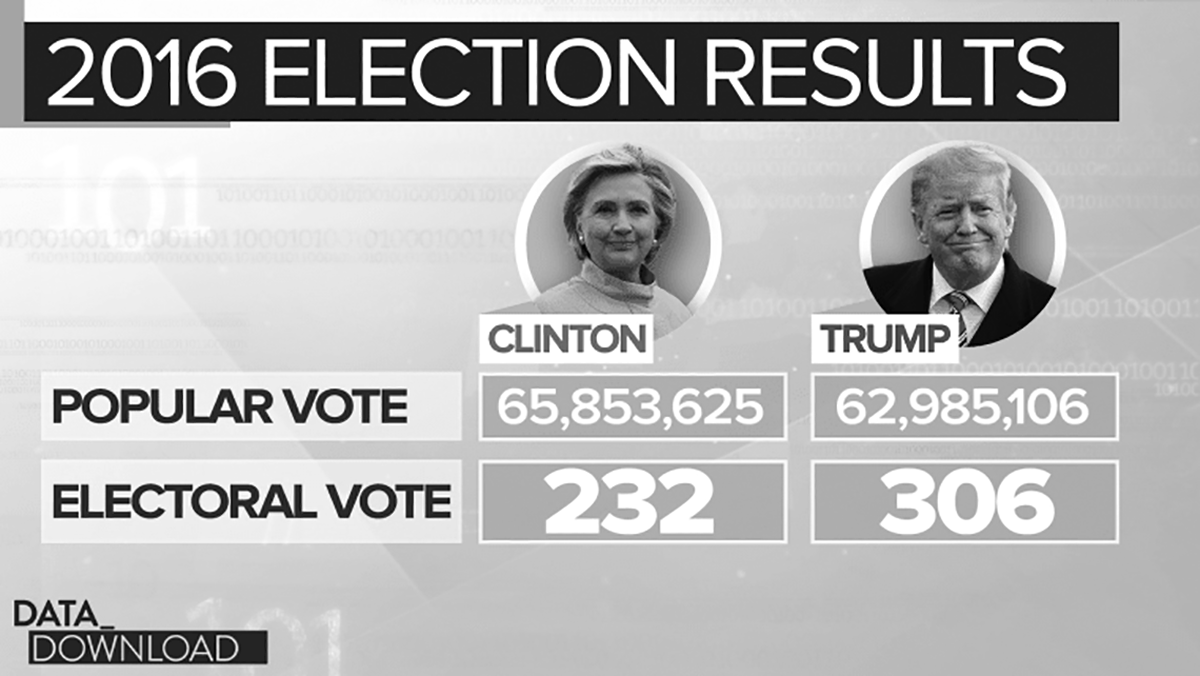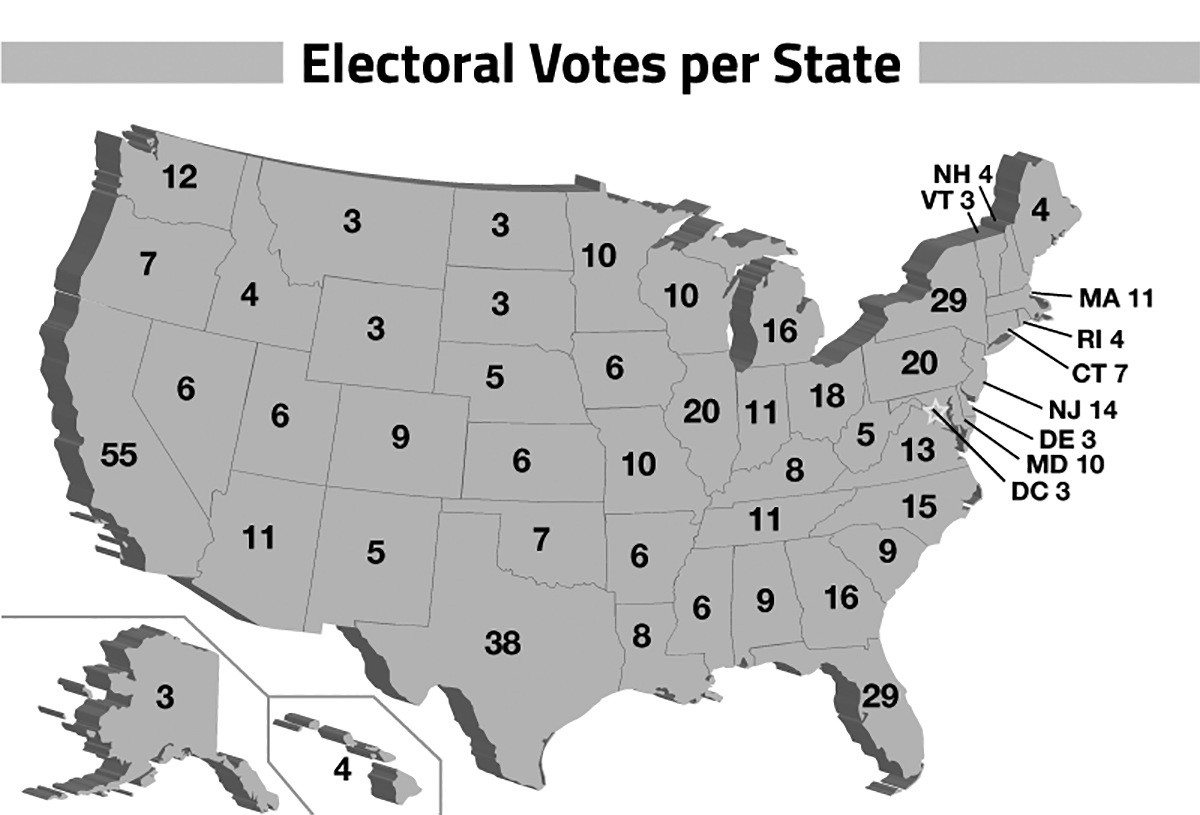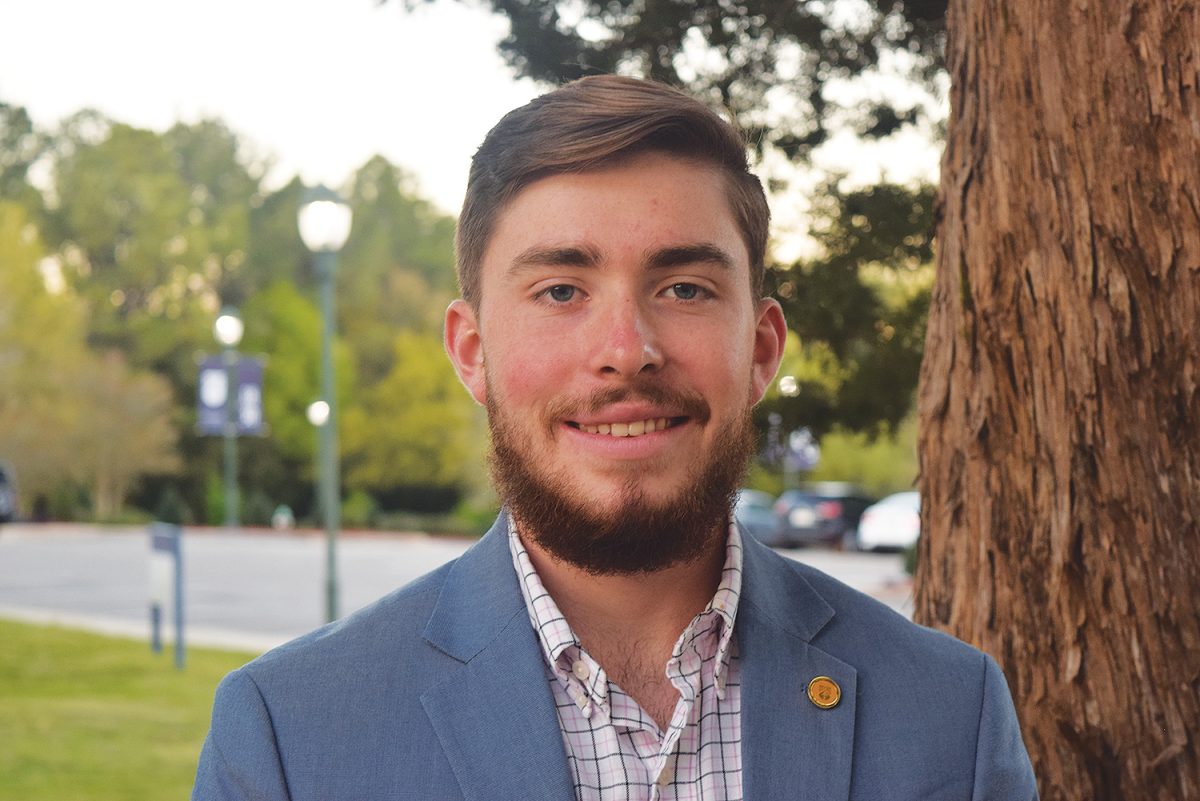On Sept. 5, President Donald Trump officially announced the end of the Deferred Action for Childhood Arrivals (DACA) program. This initiative was first created under the Obama administration, and it protected nearly 800,000 young undocumented immigrants brought into the country by their parents. As of last Tuesday, the Department of Homeland Security will no longer take into consideration any applicants for the program.
According to Dr. Kathleen Orange, a political science professor on campus, Congress has struggled since 1986 to create a foolproof law that would create legal status for immigrants who come into the country for work. “The deeper background is that the labor market in the United States has attracted millions of immigrants to work in agriculture, food processing, domestic service, and other work,” stated Orange. Many came in search of work that was not available in their home countries, or work that could financially support their family. Consequently, many also brought their children with them. “In both public opinion and with interest groups on both sides of the immigration question, these young people have a special status because they didn’t intend to break the law in entering the country. They were brought by their parents,” explained Dr. Orange.
One of the biggest impacts of the decision is on those children who are now grown and employed, went to college, serve in the military, or have families of their own. Dr. Orange made sure to note that many of these immigrants have no first-hand knowledge of their home countries, so being deported to them has the potential to be catastrophic. “If Congress cannot make a law giving them a legal status, it will also show the world that our government simply does not function,” she said.
The United States Conference of Catholic Bishops released a statement on Trump’s decision, calling it “reprehensible”—calling on Congress to act immediately and work towards a legislative solution. Spring Hill College student Kathryn Mitchell, is also hoping Congress will overturn the decision. “I think it contradicts the basis of what America was founded on, and I think it’s not the right move our country should be making,” she stated.
After the decision was made, President Trump made sure to express his concern for those affected by the ending of DACA. “I have a great heart for these folks we’re talking about. A great love for them and people think in terms of children but they’re really young adults,” he reassured. “I have a love for these people and hopefully now Congress will be able to help them and do it properly.”
The administration will continue renewing permits for those whose status expires within the next six months, according to reports. The renewals will give the currently protected individuals the chance to continue working, studying, and living in the US. During this time frame, Congress will have to act quickly to decide on a new legislation to replace DACA. The deadline they face is March 5, 2018, when the program’s protections will expire.
In the 2016-2017 school year, faculty, staff and students gathered for discussion and reflection three times to gain more understanding of issues during and after the 2016 presidential election. A fourth such event – in response to events this past summer in Charlottesville, Virginia – has been scheduled for Thursday, Oct. 5, in the Barter Student Center.

























